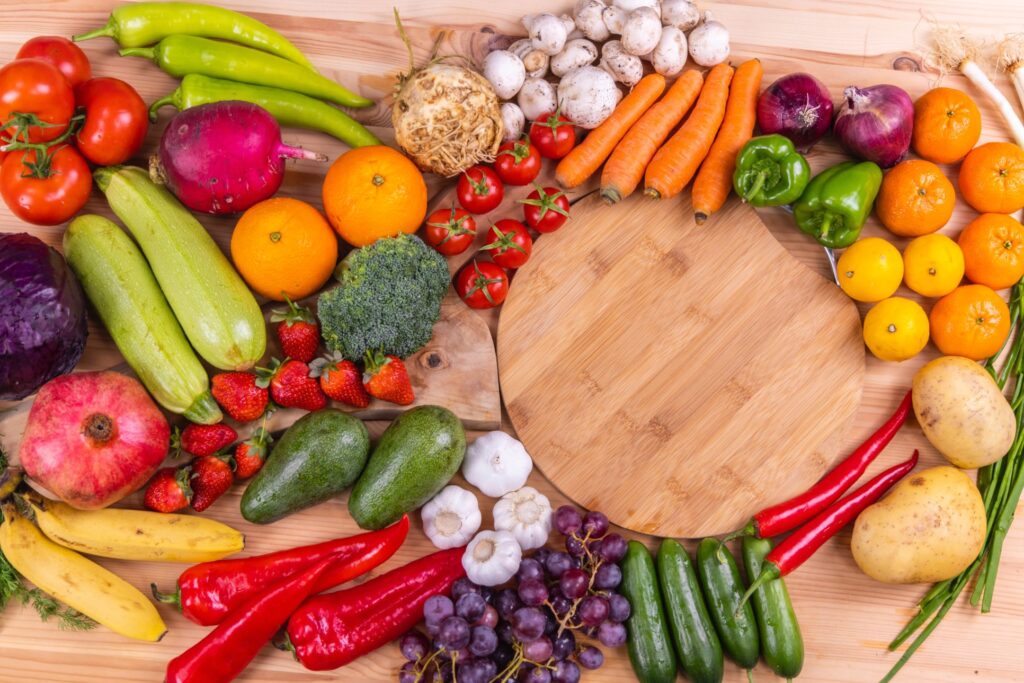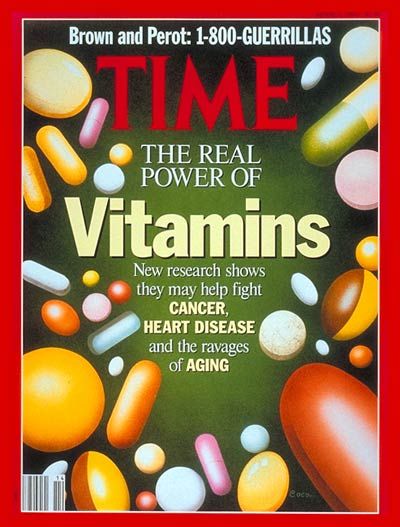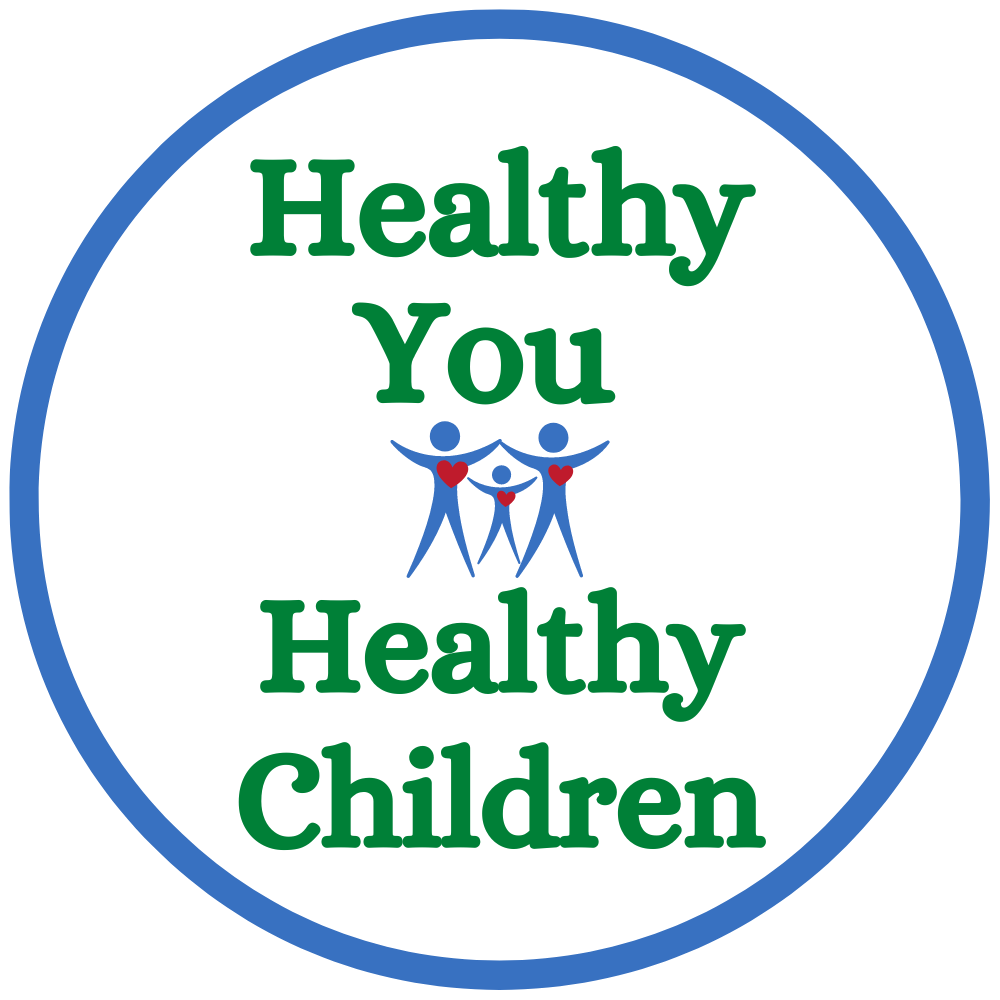Vitamins are a trending topic out there. Most people think about them when talking about health. But, not everyone knows what they are and how they benefit our bodies. So, my goal with this article is to bring this information to you, including the best sources.
Why do we need them?
Vitamins and minerals are micronutrients critical for our body to perform many normal functions. Our body does not produce these macronutrients, and we must get them from the food we eat.
What are Vitamins?
They are organic substances that are classified as:
- Fat-soluble vitamins: A, D, E, and K. They dissolve in fat and accumulate in the body. Therefore, they can become toxic to your body when consumed in excess. Our body is susceptible to excess, like Vitamin A from animal sources (retinol).
- Water-soluble vitamins: B-complex vitamins and Vitamin C. They must dissolve in water before the body can absorb them and, therefore, not be stored. If unused by the body, these vitamins are lost through urine.
What do you need to know about each Vitamin?
Vitamin A
Function: healthy skin, vision, mucous membranes, bones, and tooth growth. Healthy Immune System.
Good Sources:
Retinol from Animal sources:
- fortified milk,
- cheese,
- cream,
- butter,
- eggs,
- liver.
Beta-carotene from plant sources:
- dark leafy greens,
- dark orange fruits (apricot, cantaloupe), and
- other veggies like carrots, winter squash, sweet potatoes, pumpkin.
Vitamin C
Function: antioxidant; part of an enzyme required for protein metabolism; maintenance of bones, muscle, and blood vessels; assists in the formation of collagen; important for immune system health; helps with Iron absorption.
Good sources: found only on fruits and vegetables, especially
- citrus fruits,
- veggies in the cabbage family,
- cantaloupe,
- strawberries,
- peppers,
- tomatoes,
- papayas,
- mangoes,
- kiwi.
Vitamin E
Function: healthy immune system, skin, and eyes; protects cell walls from damage thanks to its antioxidant function.
Good Sources:
- liver,
- egg yolks,
- nuts and seeds,
- leafy green vegetables,
- wheat germ,
- whole-grain products.
Vitamin K
Function: needed for proper blood clotting.
Good sources:
- leafy green vegetables,
- cabbage family veggies,
- milk,
- your gut bacteria also produce it.

The Vitamin B complex
Vitamin B1 or Thiamine
Function: helps your body turn food into energy; key for nerve function, including a positive effect on attitude and brain function; a key to the production of acetylcholine (this element helps your body pass messages between its nerves and muscles, allowing your heart to work well).
Good sources:
- beef,
- organ meats,
- pork,
- poultry,
- nuts,
- wheat germ,
- legumes (like beans),
- potatoes,
- brewer’s yeast,
- blackstrap molasses,
- rice.
Vitamin B2 or Riboflavin
Function: important to normal vision and skin; helps your body makes energy from food; necessary for the growth, development, and overall function of cells.
Good sources:
- beef liver,
- beef,
- eggs,
- dairy,
- clams,
- mushrooms,
- almonds,
- enriched bread and cereals.
Vitamin B3 or Niacin
Function: helps turn food into energy; necessary for nervous system function, digestive health (helps digest fats, carbohydrates, and alcohol), skin health (may help keep skin cells safe from sun damage).
Good sources:
- liver,
- chicken,
- turkey,
- beef,
- fish,
- mushrooms,
- asparagus,
- leafy green vegetables,
- avocado,
- nutritional yeast,
- whole grains,
- enriched bread.
Vitamin B5 or Pantothenic Acid
Function: like the rest of the B complex, it helps our body turn food into energy.
Good sources:
- meats like beef, poultry, and seafood
- milk and eggs
- avocados,
- broccoli,
- mushrooms,
- Whole grains
- peanuts, sunflower seeds, and chickpeas
Vitamin B6 or Pyridoxine
Function: helps make red blood cells; helps produce energy.
Good sources:
- meat,
- fish,
- poultry,
- vegetables, and
- fruits.
Vitamin B7 or Biotin
Function: helps your body make energy; it can help maintain the health of your nervous system, liver, eyes, hair, and skin.
Good sources:
- meat,
- eggs,
- fish,
- seeds and nuts, and
- some vegetables,
- also produced by your gut bacteria.
Folic Acid
Function: helps make DNA and new cells, especially red blood cells.
Good Sources:
- liver,
- leafy green vegetables,
- beans, peas, lentils,
- lemons, bananas, and melons,
- fortified and enriched products, like bread, juices, and cereals.
Vitamin B12 or Cobalamin
Function: helps the body create DNA; assists with forming healthy red blood cells; it is necessary for brain and nerve function.
Good sources:
- meat,
- poultry,
- fish,
- seafood,
- eggs,
- dairy products,
- NOT found in plant foods.
Nope, I did not forget about Vitamin D. I have a separate article about the Sunshine Vitamin. Click here to read it (here).

Interesting Facts About Some Vitamins
Vitamin E:
Studies of vitamin E for preventing chronic diseases, including cancer, have been disappointing even though people take it to get the antioxidant benefits.
Vitamin C:
Taking vitamin C every day may end the symptoms of a cold a day or two quicker. Still, studies have shown that the benefits are no different from placebo.
Vitamin K:
About Vitamin K and bone health, there is no connection between osteoporosis and vitamin K. Vitamin B1:
Studies have shown improvement in blood pressure, high levels of glucose, and insulin when people with Diabetes take this vitamin.
Vitamin B5:
The famous Panthenol derives from pantothenic acid. It helps your skin and hair look and feels better. Many beauty products contain Panthenol.
Vitamin B7 or Biotin:
It helps regulate blood sugar levels in some people with diabetes.
B vitamins promote healthy brain function helping with neurological symptoms of diabetes like neuropathy (damage or dysfunction of a nerve).
Research shows that biotin improves hair health and improves thinning hair (and hair loss) in women with this condition.
It Improves skin hydration and smoothness. To sum up, it strengthens fingernails.
Studies show that biotin deficiency is frequent among pregnant and can cause health problems in developing babies.
Folic acid:
Folic acid reduces the risk of a baby’s brain and spine birth defects by 50% or more.
It may help lower the risk of preeclampsia and early labor.
People with kidney or liver disease, alcohol abuse, or digestive problems are more prompt to folic acid deficiency.
Folic acid helps reduce the toxicity of methotrexate, a medication for treating psoriasis and rheumatoid arthritis.
Vitamin B12:
It is crucial during pregnancy to avoid birth defects.
It may help prevent age-related macular degeneration (can cause blindness in older adults).
It is essential to produce serotonin in the brain, so its deficiency may be related to depression. High levels of B12 are linked to better outcomes in major depressive disorder recovery.
Who benefits from Supplement?
People in need of more nutrients may benefit from supplements, like:
- Pregnant and breastfeeding women.
- Vegans not getting enough specific nutrients from food.
- People with a particular vitamin deficiency (their health care provider will prescribe vitamins).
- People with trouble absorbing all the nutrients they need because of:
- Inflammatory bowel disease or other medical condition that impairs vitamin absorption
- Some type of weight loss/bariatric surgery
- Medications for heartburn, seizures, or antibiotics that interfere with vitamins and minerals absorption
Your best option is to talk to your doctor if you think you need a supplement, and if you are already taking one, do not forget to let him or her know about it.
What about Multivitamins?
The consensus is that the best sources of vitamins and minerals are whole foods, not pills. Even though recent studies found that healthy people do not benefit from them, some experts think that multivitamins may help with some vitamins deficit in people’s diet. Keep in mind that excess Fat-soluble Vitamins may be toxic if you choose to take a Multivitamin Supplement. It is always safer to speak with your doctor about it, as I mentioned before.
What about Multivitamins for Kids?
Like adults, experts recommend that children get vitamins and minerals from a balanced diet based on whole foods: plenty of veggies and fruits, dairy products, protein (eggs, meat, poultry, fish), and whole grains. But, we know that having homemade meals every time that include every food group is not always an option.
To whom Pediatricians may recommend multivitamins:
- Picky eaters who are not eating enough of every food group.
- Kids that eat primarily fast food, processed food, or convenience food.
- Kids that don’t have regular balanced meals.
- Kids with chronic medical conditions like digestive problems, metabolic problems, or asthma, especially if taking medications.
- Kids who are vegetarian or vegans, follow a dairy-free diet or a restrictive diet.
- Kids who drink plenty of sodas (carbonated) because they wash away vitamins and minerals from their bodies.
” When People Takes Vitamins, the Vitamins Don’t Specifically Do It. They Enable The Body To Do It, They Enable The Body To Heal Itself. This Is A Totally Different Way Of Looking At It
Dr. Andrew Saul
Final thoughts:
As you can see, vitamins are essential for our overall health and body function. The best option for you and your family is to have a diet rich in whole food and low in processed food. This way, except for specific situations, you will rest assured that you will get all the vitamins you need. If you have any doubt, talk to your doctor to find out if it is a good idea to check your levels or start a supplement. For your kids, talk to your pediatrician if they fall into any of the above categories to get his/her recommendation on the multivitamins types and brands to start. Keep in mind that teaching them to eat whole foods from every group from a young age is essential to help them grow healthy and become healthy adults. Do not forget to read my article about Minerals by clicking here.






